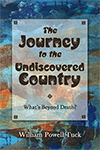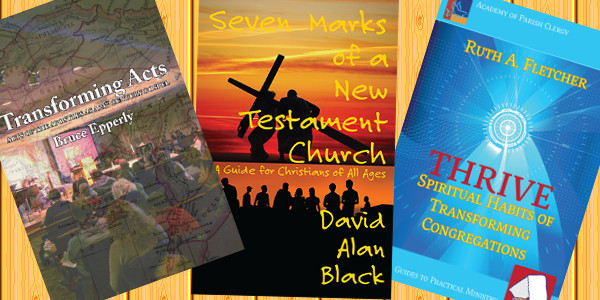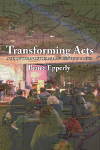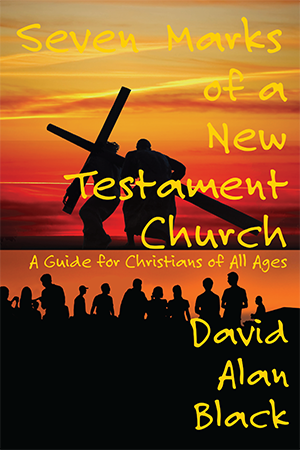A Reason to Talk Sensibly about Eschatology
… so it is not left to this sort of discussion. I did some study of and discussion of the so-called Bible codes some years back, and I’m not spending more time. The problem is that using the methodology in question (and its variants) one can come up with so many things and such vague…




